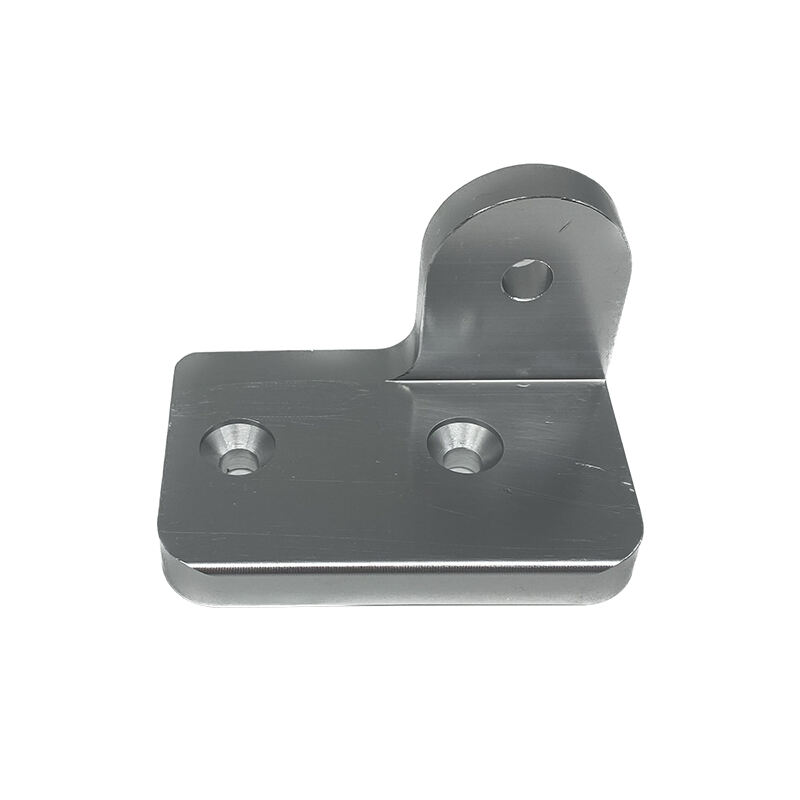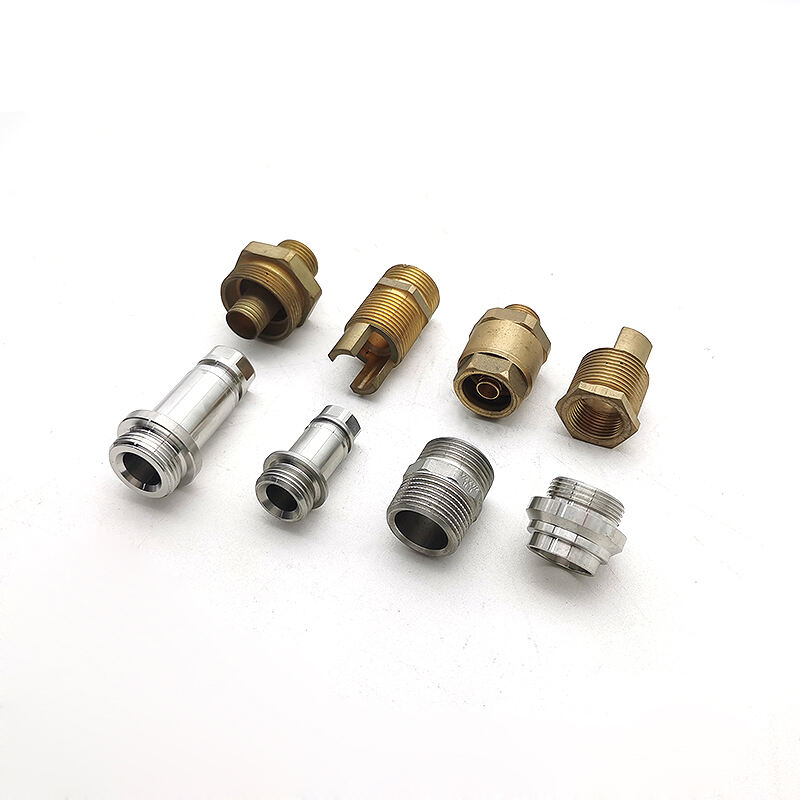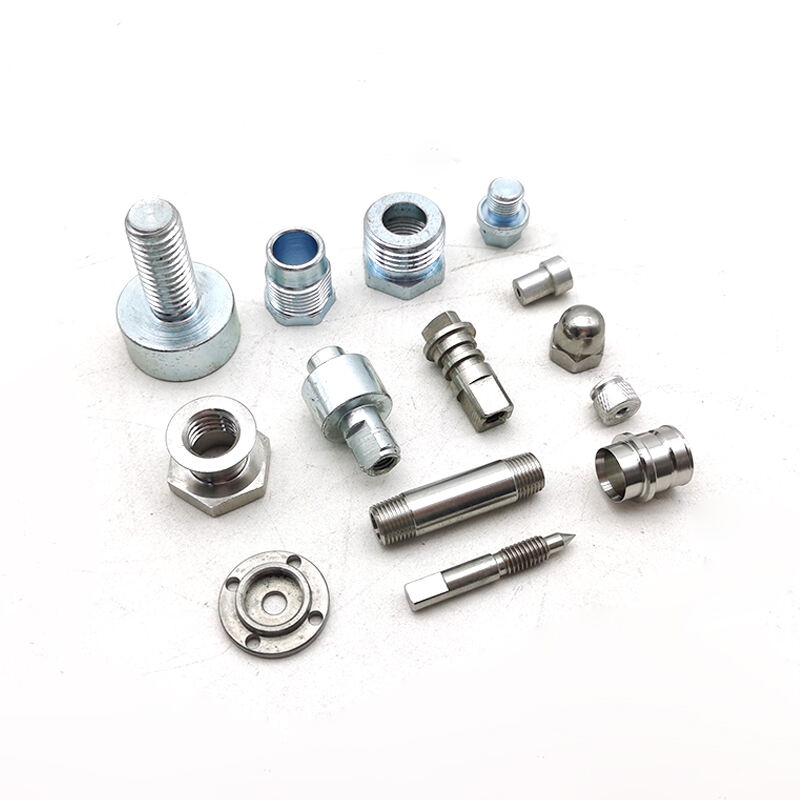steel machining
Steel machining is a sophisticated manufacturing process that involves cutting, shaping, and transforming raw steel materials into precise components and finished products. This fundamental industrial process employs various cutting tools and advanced machinery to remove material from steel workpieces, achieving desired shapes, dimensions, and surface finishes. Modern steel machining utilizes computer numerical control (CNC) technology, enabling automated, highly accurate operations that can produce complex geometries with exceptional precision. The process encompasses multiple techniques including turning, milling, drilling, grinding, and threading, each serving specific purposes in metal fabrication. Steel machining plays a crucial role in numerous industries, from automotive and aerospace to construction and medical device manufacturing. The technology has evolved to handle different types of steel, from mild steel to hardened alloys, with specialized cutting tools and cooling systems ensuring optimal performance and longevity. Quality control measures, including advanced measurement systems and testing procedures, are integrated throughout the machining process to maintain strict tolerances and ensure product reliability.


